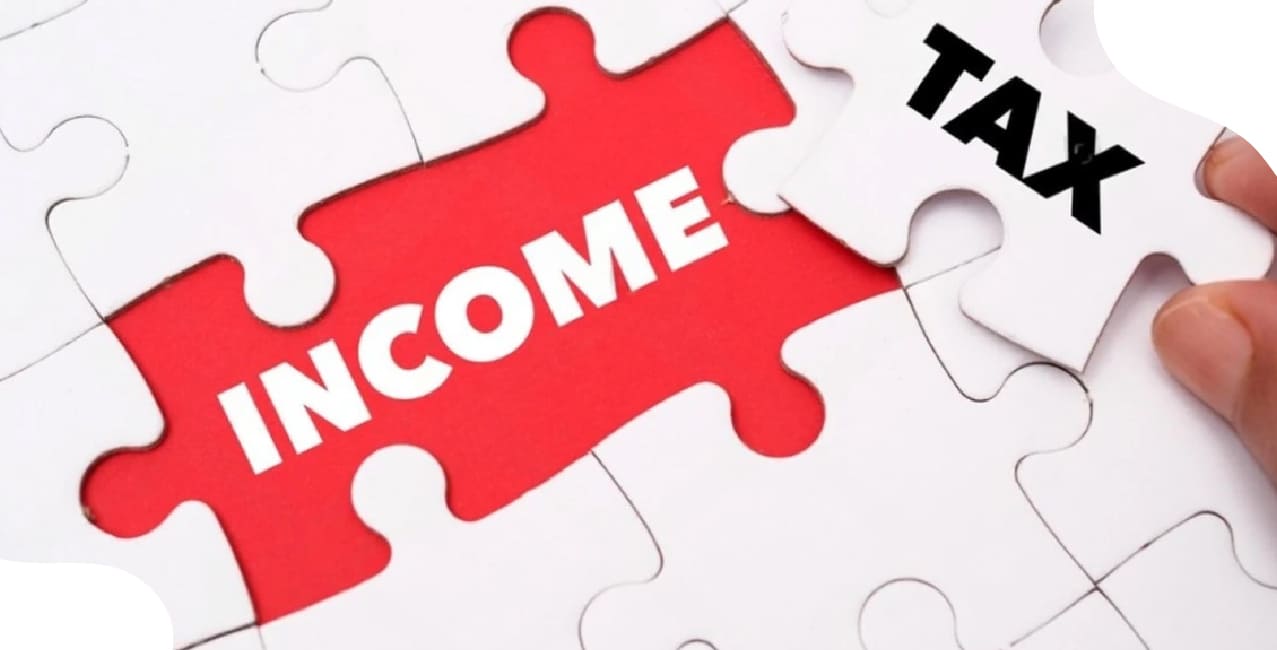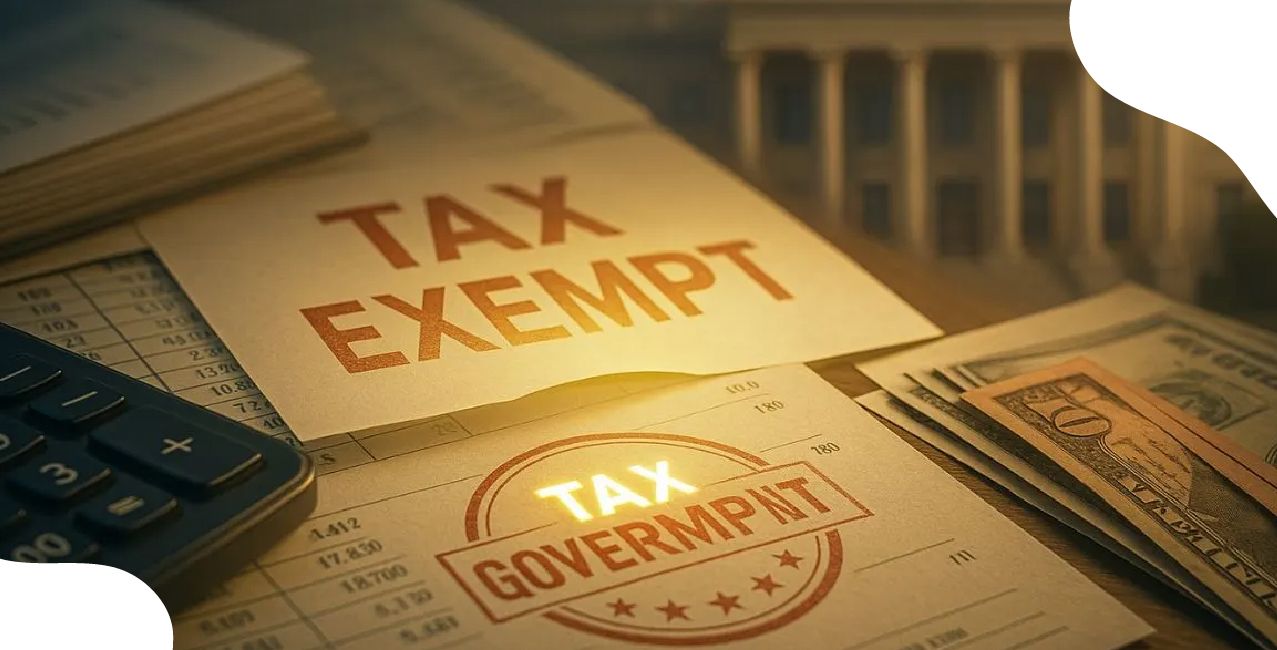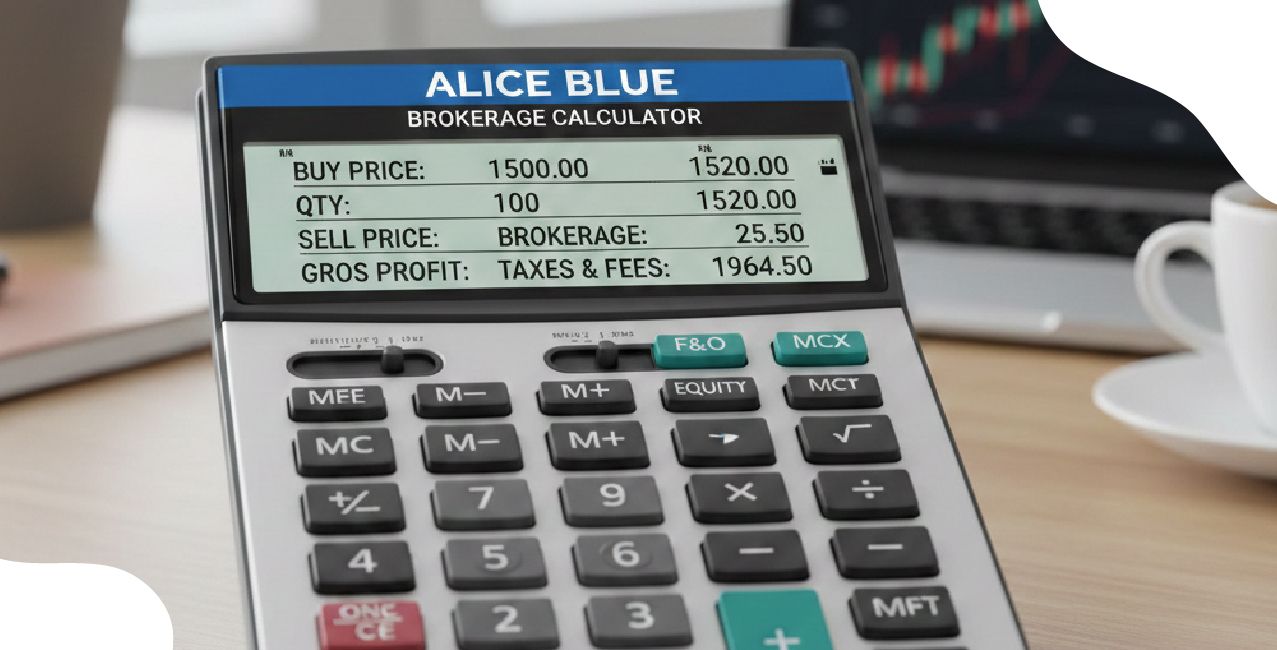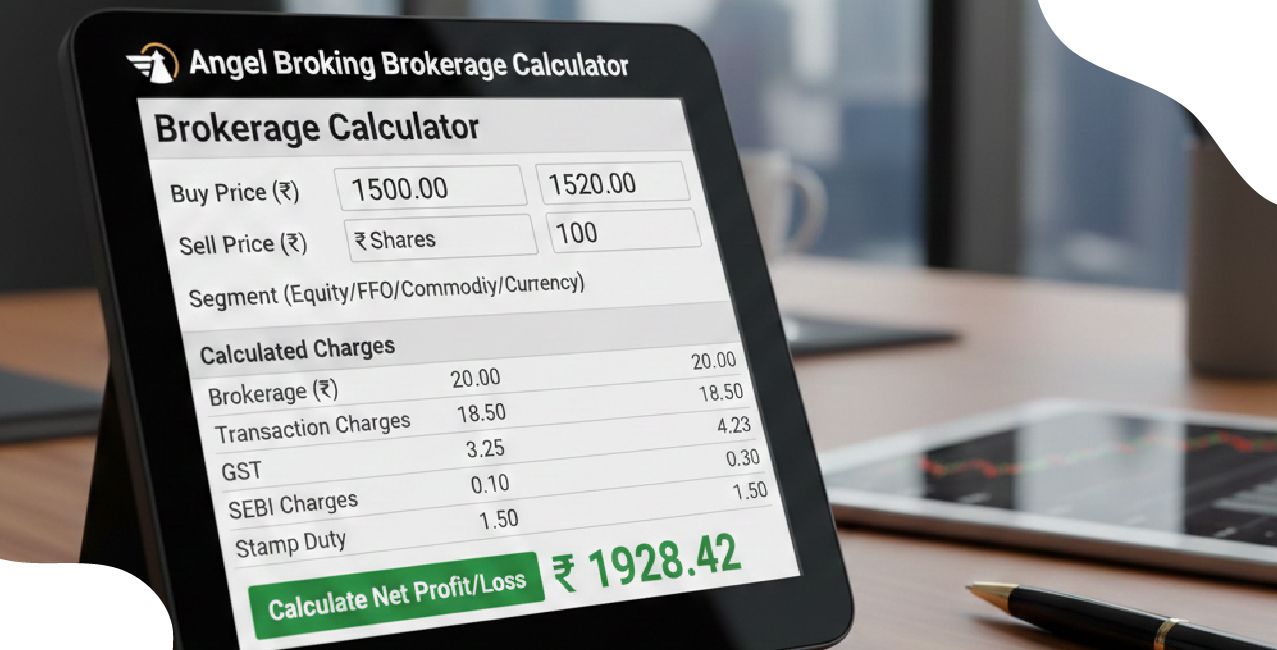Section 206CL of Income Tax Act – Meaning, Applicability & TDS Rules

Check Your Loan Eligibility Now
By continuing, you agree to LoansJagat's Credit Report Terms of Use, Terms and Conditions, Privacy Policy, and authorize contact via Call, SMS, Email, or WhatsApp
Key Takeaways
- Section 206CL applies to sellers whose total turnover exceeds ₹10 crore in the previous financial year, and who sell goods worth more than ₹50,00,000 to a single buyer in a financial year.
- Under Section 206CL, the standard Tax Collected at Source (TCS) rate is 0.1%, but it increases to 1% if the buyer fails to provide a valid PAN or Aadhaar.
- Section 206CL was introduced to curb tax evasion, enhance transparency in high-value transactions, and ultimately increase government revenue by tracking large purchases more effectively.
Bonus: The term “Section 206CL” does not exist in the Income Tax Act. What people often mean is Section 206C(1H), which covers Tax Collected at Source (TCS) on the sale of goods in high-value transactions.
Section 206CL of the Income Tax Act requires sellers with a turnover above ₹10 crore to collect a small tax on high-value sales.
Jenny Ligu from Arunachal Pradesh ran a big business with sales over ₹10 crore. One year, she sold goods worth ₹75,00,000 to a customer. As per Section 206C(1H), she had to collect 0.1% TCS, ₹7,500. But since the customer didn’t give a PAN, she collected 1% instead, ₹75,000. She paid it to the government on time, gave the receipt, and followed all the rules smoothly.
This blog explains Section 206CL of the Income Tax Act from its purpose, applicability, TCS rates, and exemptions, to compliance timelines, and penalties for non-compliance.
Section 206CL: Introduction of the Income Tax Act
Section 206CL of the Income Tax Act says that if a seller’s business makes more than ₹10 crore a year, they have to collect a small tax when selling goods. When they sell goods worth more than ₹50,00,000 to one buyer, they must collect 0.1% of that sale amount as tax.
For example, if Rahul sells goods for ₹60,00,000, he will collect ₹6,000 as tax and pay it to the government. This helps keep track of big sales and makes sure taxes are paid properly.
Importance of Section 206CL of the Income Tax Act
Below are the key reasons why Section 206CL is important:
This table shows how Section 206CL strengthens the tax system by promoting transparency and discouraging evasion.
Objectives of Section 206CL of the Income Tax Act
The main objective of Section 206CL of the Income Tax Act is to ensure that tax is collected at the source of large sales of goods, helping the government track high-value transactions and reduce tax evasion. This section applies when a seller’s annual turnover exceeds ₹10 crore, and the sale to a single buyer crosses ₹50,00,000. By collecting 0.1% TCS on such sales, the government creates a clear record of these transactions.
For example, if a seller sells goods worth ₹80,00,000, they must collect ₹8,000 as TCS from the buyer and deposit it with the government. This process not only improves transparency but also encourages businesses to maintain proper records and comply with tax laws easily.
TDS Rate Under Section 206CL of the Income Tax Act
Section 206CL deals with Tax Collected at Source (TCS), not TDS (Tax Deducted at Source). Under this section, sellers with a turnover above ₹10 crore collect TCS on the sale of goods when the sale value to a buyer exceeds ₹50,00,000.
Exemption Under Section 206CL of the Income Tax Act
Here are the exemptions under Section 206CL:
These exemptions reduce the compliance burden, ensuring that only relevant transactions attract TCS.
Example: If a seller with a turnover above ₹10 crore sells goods worth ₹60,00,000 to a buyer who provides a declaration stating that the goods are for manufacturing purposes, the seller is not required to collect any TCS under Section 206CL.
Due Date and Compliance Requirements of Section 206CL of the Income Tax Act
Under Section 206CL of the Income Tax Act, sellers whose annual turnover exceeds ₹10 crore and who receive consideration exceeding ₹50,00,000 from a buyer in a financial year are required to collect Tax Collected at Source (TCS) at a rate of 0.1% on the sale amount. If the buyer does not provide their PAN or Aadhaar details, the TCS rate increases to 1%.
Due Dates and Compliance Requirements:
Below is a summary of the compliance timeline:
This table helps sellers stay on track with all key compliance dates under Section 206CL, ensuring timely deposits, return filing, and certificate issuance to avoid penalties.
Example:
Let's say a seller with a turnover exceeding ₹10 crore sells goods worth ₹60,00,000 to a buyer in the first quarter (April–June).
- TCS Rate: 0.1% (since PAN/Aadhaar is provided)
- TCS Amount: ₹60,000 (0.1% of ₹60,00,000)
Compliance Timeline:
To comply with Section 206CL of the Income Tax Act, sellers must follow specific deadlines for TCS deposit, return filing, and certificate issuance. The table below outlines these key timelines in a simple format.
- Deposit TCS: By July 7 (7th day of the month following June)
- File TCS Return (Form 27EQ): By July 15
- Issue TCS Certificate (Form 27D): By July 30
This table helps sellers stay on track with all key compliance dates under Section 206CL, ensuring timely deposits, return filing, and certificate issuance to avoid penalties and maintain smooth tax compliance.
Penalties for Non-Compliance:
Failing to comply with the provisions of Section 206CL can lead to financial consequences. The table below highlights the key penalties that apply for delays or errors in TCS compliance.
- Late Filing Fee: ₹200 per day under Section 234E, subject to a maximum of the TCS amount collected.
- Penalty under Section 271H: Ranges from ₹10,000 to ₹1,00,000 for failure to file TCS returns or providing inaccurate information therein.
- Interest for Late Deposit: 1% per month or part thereof under Section 206C(7).
Understanding these penalties helps businesses stay alert and ensures that all TCS-related actions are completed on time to avoid unnecessary charges and legal issues.
Conclusion
Section 206CL of the Income Tax Act plays a vital role in ensuring tax collection at source on large sales of goods by sellers with a turnover exceeding ₹10 crore. It promotes transparency, reduces tax evasion, and strengthens compliance by making businesses collect a small percentage of tax upfront on high-value transactions.
FAQs
Q: How to claim credit for TCS under Section 206CL in ITR?
The buyer can claim TCS credit in their ITR as it is treated as tax paid on their behalf.
Q: What is the threshold limit for TCS under Section 206C(1H)?
TCS applies when the seller’s turnover exceeds ₹10 crore and sales to a buyer exceed ₹50 lakh in a financial year.
Q: How to avoid TCS on foreign travel?
You can avoid TCS if your foreign travel package costs less than ₹7,00,000 in a financial year, as it's exempt.
Q: What are the consequences of not collecting TCS?
If TCS is not collected, 1% interest per month is charged until the tax is collected and deposited.
Other News Pages | |||
About the author

LoansJagat Team
Contributor‘Simplify Finance for Everyone.’ This is the common goal of our team, as we try to explain any topic with relatable examples. From personal to business finance, managing EMIs to becoming debt-free, we do extensive research on each and every parameter, so you don’t have to. Scroll up and have a look at what 15+ years of experience in the BFSI sector looks like.
Subscribe Now
Related Blog Post
Recent Blogs
All Topics
Contents
Quick Apply Loan
Consolidate your debts into one easy EMI.
Takes less than 2 minutes. No paperwork.
10 Lakhs+
Trusted Customers
2000 Cr+
Loans Disbursed
4.7/5
Google Reviews
20+
Banks & NBFCs Offers
Other services mentioned in this article








